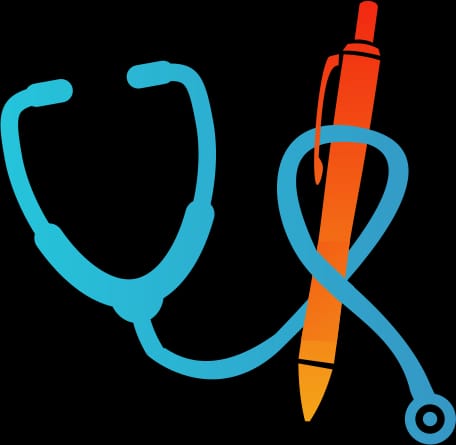CASGEVY: A FRONTIER OF MEDICAL SCIENCE PROVIDING HOPE FOR MILLIONS

In the cities, suburbs and rural expanses of Sub-Saharan Africa, the aliment known as Sickle Cell Disease (or SCD for short) is a notorious and highly pervasive medical condition that transcends language or distance barriers in the region. African countries are globally known for having the highest prevalence rate of the disease in the world, with 3 out of every 4 people with the disease globally being of African origin. SCD is also among some of the deadliest diseases in Africa, and it has attained increasing economic importance after it was discovered to have racked up a record breaking amount of about 38, 403 deaths in 2019, a statistic that marked a staggering 20% increase from the number of deaths recorded in the region just two decades prior in 2001.
Scientists and geneticists have attributed the high prevalence of this disease in Sub-Saharan Africa to the fact that carriers of the SCD-causing allele known as HBB which carries the βs SNP gene mutation are generally resistant to infections of the pathogen Plasmodium falciparum, which is the notorious disease-causing agent that is responsible for malaria, the aliment with one of the highest mortality rates in the subcontinent. This, in a classical example of Darwinian selective pressure, has over the years, led to a high frequency of the appearance of this allele in the gene pools of most Sub-Saharan populations, a situation that subsequently leads to a higher occurrence of SCD cases in the region.
Since the discovery of the disease by American physician James B. Herrick in the year 1910, scientists all over the globe have made several important steps towards improving the management of symptoms as well as uncovering the ultimate cure for this debilitating disease. However, the answer has remained elusive, possibly until now.
The Food and Drug Administration (FDA) of the USA has recently approved a new and promising SCD treatment program known as CASGEVY. Announced by major media houses like the NBC and BBC and major journals in various fields of scientific interest on the 8th of December 2023, this medical procedure makes use of the gene editing tool known as CRISPR (Clustered Regularly Interspaced Short Palindromic Repeats).
.
Pioneered by Vertex Pharmaceuticals and CRISPR Therapeutics, it is the first medical procedure involving the active use of CRISPR that has been officially approved by the FDA. “This marks a pivotal moment in the field,” commented Dr. Alexis Thompson, chief of the division of haematology at Children’s Hospital of Philadelphia, who has previously provided consultation for Vertex. “The journey from the initial discovery of CRISPR, the subsequent recognition with a Nobel Prize, to now witnessing its approval and application as a tangible product has been truly remarkable in its own right.”
The procedure works by locating the defective strand of DNA code called BCL11A in the patient’s stem cells that causes SCD, removing the defective gene, modifying it and then reinserting the now functional gene into the stem cell. The process of reintroduction and adjusting to the edited cells is quite extensive, requiring patients to spend at least a month under hospital admission and care. During this period, the edited cells integrate into the bone marrow and initiate the production of stable and normal haemoglobin, which leads to the formation of normal, non-sickle-shaped red blood cells.
CASGEVY also showed promising results in late-stage clinical trials for patients suffering from beta-thalassemia and sickle cell disease (SCD). 28 out of the 29 SCD patients did not experience any noteworthy pain crises for at least a year after beginning the CASGEVY medical procedure. Additionally, during the comparable post-treatment period, 39 out of 42 patients with beta-thalassemia did not require any red blood cell transfusions. The remaining three patients with beta-thalassemia showed a reduction in need for transfusions of over 70%! These impressive results show that CASGEVY holds a great deal of promise for improving normal haemoglobin production and providing desperately needed relief from symptoms in those battling SCD or other haemoglobin-related disorders like thalassemia.
The cost of this procedure is currently set at about $2 million (about 2.2 billion in Nigerian currency) per patient, although this price is expected to reduce as the methods of CASGEVY and other related procedures become better and cheaper to implement.
As we continue to navigate the numerous intricacies related to SCD in Sub-Saharan Africa, we hold onto the belief that the ever-evolving medical landscape will continue to bring hope to millions who need better outcomes so long as research, access to new and innovative methods and treatments as well as a global commitment to addressing the complex issues posed by this debilitating disease do not wane.
Adebisi Abdulateef



